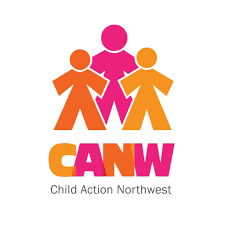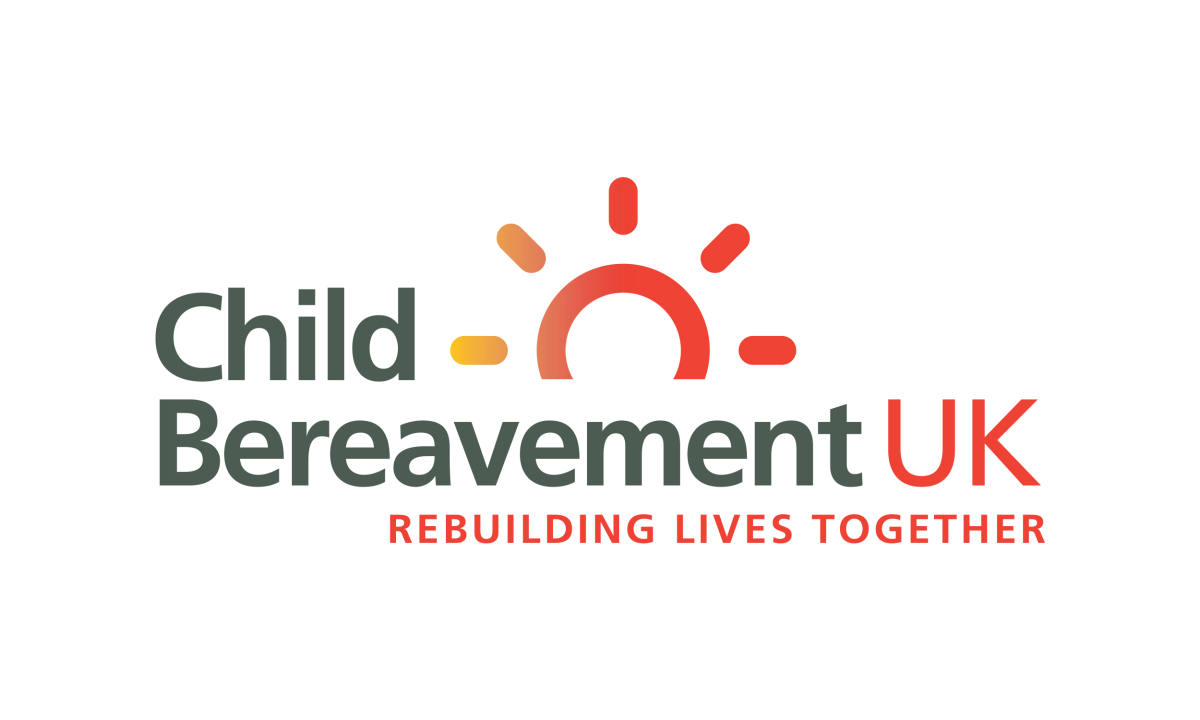Families in Poverty Struggling to Access Early Childhood Services
A Growing Crisis
In the UK, families living in poverty are facing increasing difficulties in accessing early childhood services that are essential for their children’s development and well-being. A recent NSPCC report highlights the concerning rise in the number of low-income families unable to access these vital services, which could have long-lasting consequences for children’s futures.
The issue of access to early childhood services is one of significant importance, as these services are proven to have a positive impact on a child’s health, education, and social development. However, for many families living in poverty, financial and systemic barriers are making it harder than ever to receive the help they need.
Barriers to Accessing Early Childhood Services
While early childhood services, such as healthcare, educational support, and childcare, are crucial for setting children on the path to success, many low-income families are finding it difficult to access them due to a variety of barriers:
- Financial Barriers: For many families, the cost of childcare and other early intervention services is prohibitively expensive. Despite government schemes designed to support low-income families, the associated costs often exceed what families can afford. These financial burdens prevent parents from seeking help or enrolling their children in vital services, leaving children at a disadvantage from the very beginning.
- Geographic Barriers: Families living in rural or isolated urban areas often face significant geographical challenges. Early childhood services may be located far from where they live, making it difficult to access them regularly. In some cases, long waitlists for services further delay the help children desperately need.
- Lack of Awareness: Many families in poverty are unaware of the support services available to them. Without knowledge of available resources, they may miss opportunities for early interventions that could support their child’s development. This lack of information is especially prevalent among families experiencing multiple forms of disadvantage, such as single-parent households or families with complex needs.
- Systemic Issues: The sheer complexity of accessing services can be overwhelming for families already under significant stress. The application processes for various forms of assistance, such as free childcare or parenting support programs, can be bureaucratic and confusing. Families may not have the time, resources, or confidence to navigate these systems, leaving them unable to access crucial support for their children.
The Importance of Early Childhood Services
Early childhood is a critical time for development. The first few years of a child’s life lay the foundation for their future emotional, cognitive, and social growth. Services like early education, healthcare, and parenting support can mitigate the impacts of poverty and set children on a path to long-term success.
- Education: Quality early education services help close the achievement gap, enabling children from low-income families to start school on an equal footing with their peers.
- Healthcare: Early health services, including routine check-ups, immunisations, and developmental assessments, can detect issues early and prevent more serious health problems in the future.
- Mental Health Support: Early interventions can support children in developing healthy emotional resilience, preventing future mental health struggles that could affect their learning, relationships, and overall wellbeing.
Without access to these services, children are more likely to experience learning difficulties, behavioural problems, and health disparities as they grow. This, in turn, perpetuates the cycle of poverty, making it harder for future generations to break free from the disadvantages they inherit.
The Consequences of Inadequate Early Intervention
When children miss out on early childhood services, the impact can be long-lasting:
- Educational Disadvantages: Without early education, children may struggle to catch up when they begin formal schooling. This can lead to difficulties with literacy, numeracy, and social skills—problems that are often harder to address as children get older.
- Health Problems: Delayed access to healthcare and developmental screenings can result in undiagnosed conditions, such as learning disabilities or speech delays, which may go unnoticed and untreated. This can affect a child’s overall health and wellbeing for years to come.
- Social and Emotional Development: Early childhood services also play a critical role in supporting children’s emotional development. Children who experience developmental delays or emotional distress due to lack of support may struggle with mental health issues, social relationships, and self-esteem as they grow.
The Need for Systemic Change
The NSPCC report on families in poverty underscores the need for urgent reforms to ensure that all children, regardless of their background, have access to the services they need during these crucial early years. Ensuring that these services are affordable, accessible, and well-publicised is key to supporting the next generation.
- Affordable Services: Government schemes should be designed to ensure that low-income families are not financially burdened when accessing early childhood services. This includes subsidized childcare, free health screenings, and educational support.
- Increased Access in Rural and Isolated Areas: Efforts should be made to ensure that services are available in every community, particularly in remote and rural areas where children are at an increased risk of missing out.
- Simplified Access: The process for accessing services needs to be simplified and streamlined, with clear communication and support to help families navigate the systems they need to access. Information about available services should be widely distributed, so that every family knows where to turn for help.
Conclusion
As the NSPCC report highlights, families living in poverty face significant challenges in accessing early childhood services, and these barriers can have devastating consequences for children’s futures. Without affordable, accessible, and well-publicized services, we risk perpetuating the cycle of poverty, affecting not only the current generation but also those that follow.
To ensure that every child has the opportunity to thrive, it is crucial that we address these barriers head-on. Only by working together—governments, communities, and organisations—can we ensure that early childhood services are available to all families, regardless of their economic circumstances.
Published: 5 December 2024
Updated: 27 January 2025







